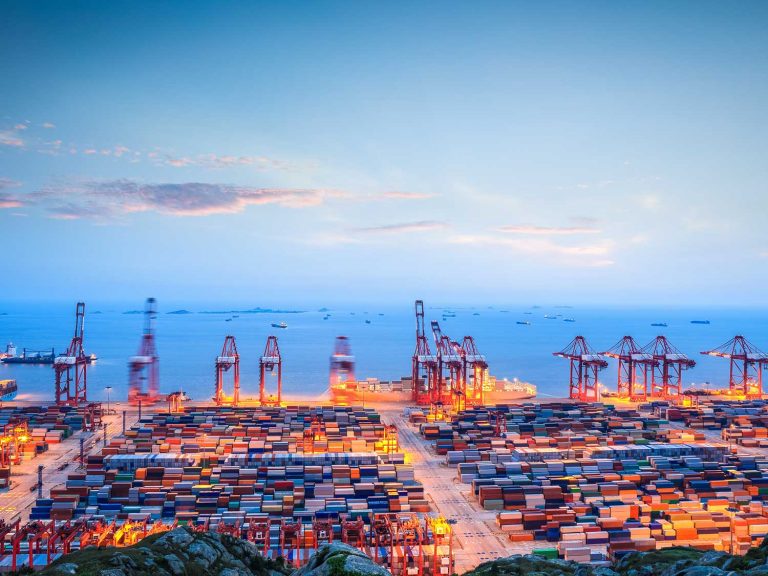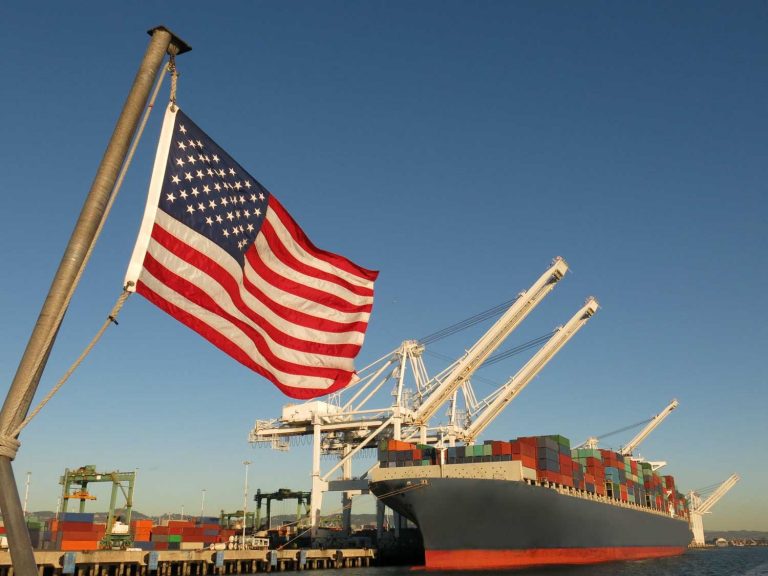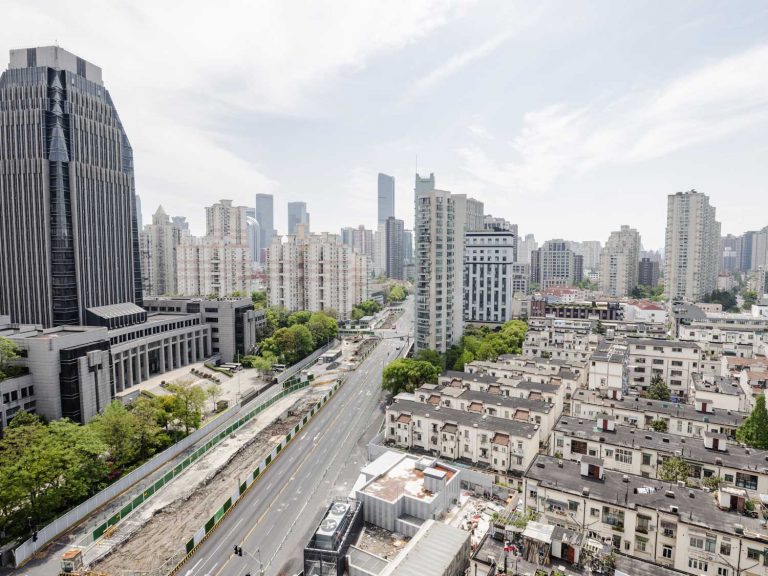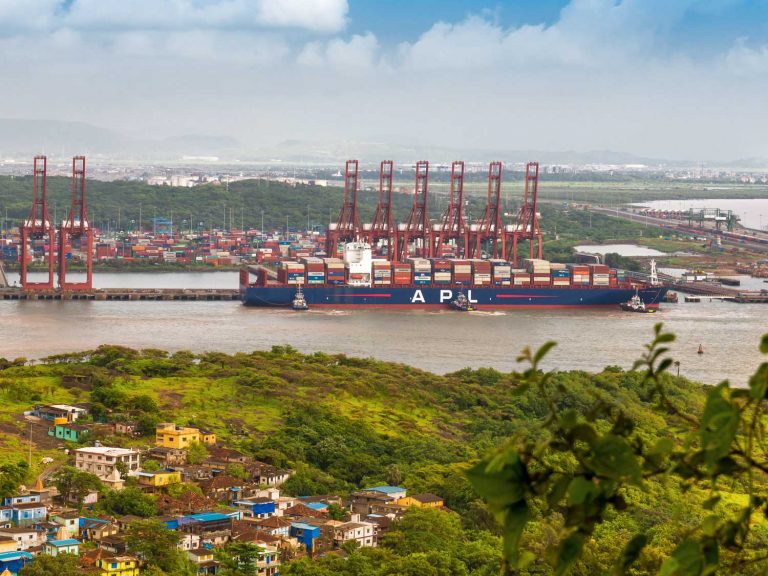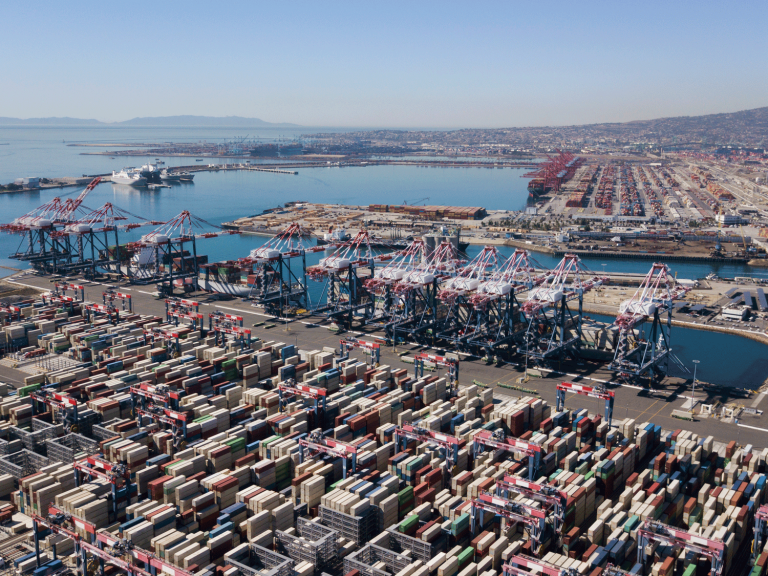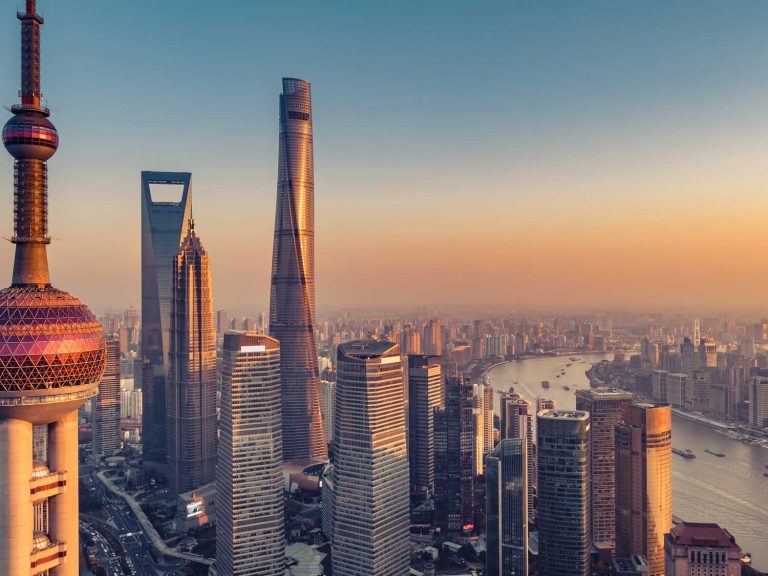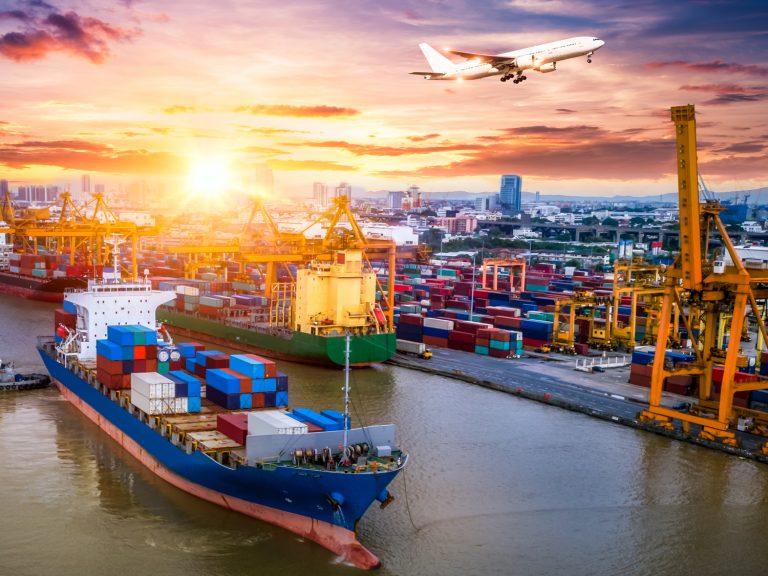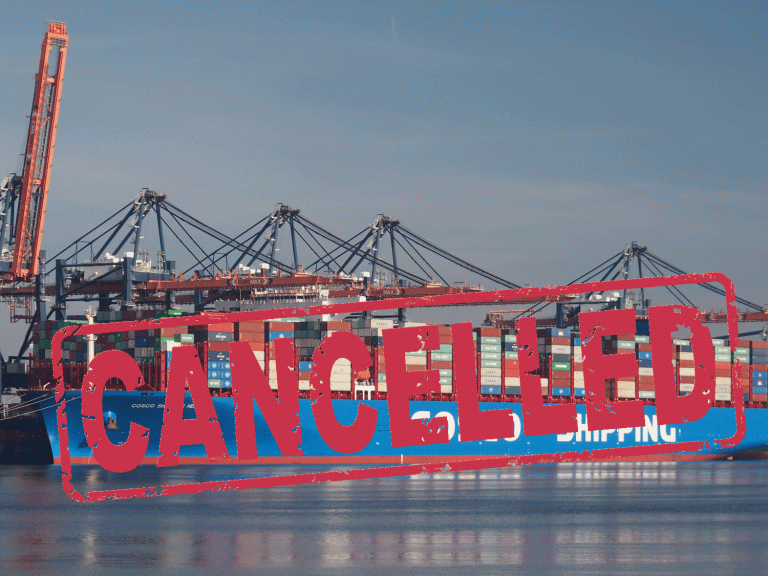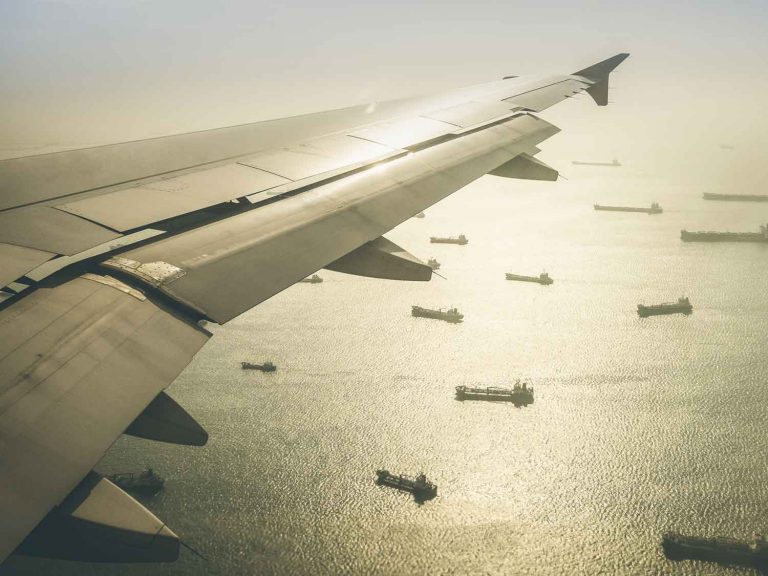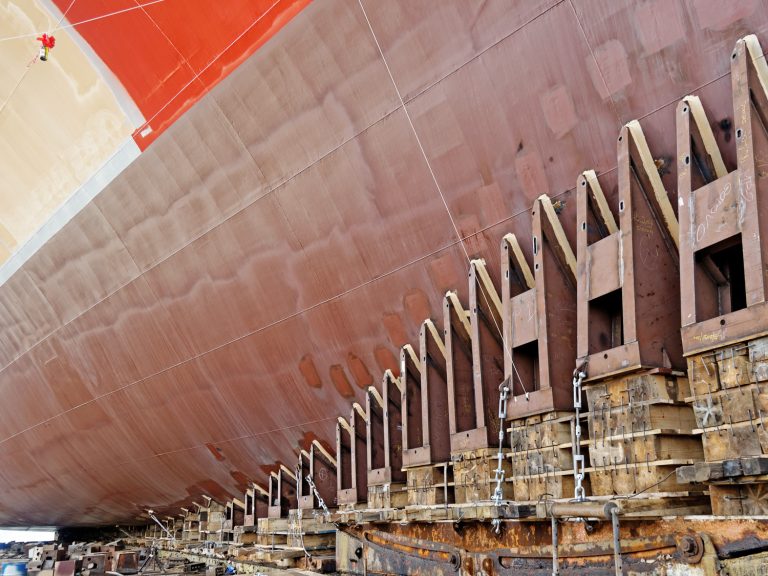Blanked Shanghai sailings slow to materialise
As Shanghai enters the fourth week of an indefinite lockdown, container shipping lines are skipping calls at main Shanghai terminals, with more blank sailings anticipated as vessels waiting at Chinese ports double.
Until the lockdown situation is resolved, which appears challenging when puttin...
Read more US east coast port congestion continues to build
Reacting to fears of labour disputes and disruption at west coast ports, many US importers diverted cargo from Asia to the east coast – only to find that Atlantic congestion may be worse than on the Pacific.
Importers on the west coast are getting their cargo quicker than their peers on the ...
Read more COVID update: Shanghai lockdown impact
China’s economy grew faster than expected in the first quarter, expanding 4.8%, but the risk of a sharp slowdown over coming months has risen as Shanghai’s lockdown is extended indefinitely and further COVID-19 curbs may follow.
Nearly all of Shanghai is now under lockdown, with most res...
Read more April global logistics update; Five key supply chain disruptors
Since the early days of 2020, the COVID-19 pandemic has disrupted global supply chains, creating shortages of goods, even though ships, trains, trucks and planes continued to run, to the best of their ability.
The infrastructure that supports global supply chain operations has struggled to abs...
Read more Sea freight challenges in India and Sri Lanka
Leading container shipping line MSC is reducing Indian ports of call, in order to sustain a weekly sailing frequency on major commercial routes.
As the shipping line struggles to sustain a weekly sailing frequency on major commercial routes, Mediterranean Shipping Co (MSC) is reducing Indian p...
Read more USA west coast ports fear chaos as labour negotiations loom
Negotiations for a new labour contract with the International Longshore and Warehouse Union (ILWU), are due to start on the 12th of May and shippers are already sourcing products from Asia earlier than normal and directing more cargo to US East Coast and Gulf terminals, to avoid potential port ch...
Read more Shanghai supply chain update– Lockdown extended indefinitely
The lifting of COVID restrictions in parts of Shanghai this week has been postponed after nearly 20,000 new cases were reported on Monday.
While the primary port terminals and airport remain open, most workers are in locked-down neighbourhoods and the impact on production and inland logis...
Read more The sea and air alternative from China
China to Europe rail freight services have grown massively since the advent of the COVID pandemic, with volumes surging 29% last year. But with services transiting Russia and Belarus sanctioned and the Ukraine route halted, the equivalent of 1.46 million TEU needs alternative solutions....
Read more Lines grow capacity and now cancel sailings
The container shipping lines have been increasing their capacity out of Asia, based on strong demand expectations through 2021 and while the increase of deployed capacity has extended, at least through the first few months of 2022, lines are now reacting to short-term demand fluctuation with canc...
Read more China ship queues growing with further disruption to schedules
Despite key Chinese ports, including Shenzhen and Shanghai, operating normally, land-side logistics disruption, in the wake of the latest Covid-related lockdowns is inevitable and vessel queues are growing.
Queues of container ships outside major Chinese ports are lengthening, despite por...
Read more Bracing for continued fuel surcharge increases – if it moves it needs an engine
Fuel prices were already on the way up before Russia decided to invade its neighbour and the additional volatility and uncertainty created by the conflict in Ukraine are significant enough to drive oil and fuel prices to levels not seen before. Or at least since the 1970’s relatively.
...
Read more Record-breaking numbers of new ships may be placebo
Container shipping lines have used massive profits accrued since 2020, to refresh their fleets with modern, high-spec vessels, but their investment may only slightly alleviate port congestion and equipment shortages.
Soaring freight rates, post-Covid lockdown, have generated cash on an unprece...
Read more 
